Space Invaders
Not all space invaders come from space. Some just come into space. Our space. Or the space where a delicate ecosystem exists that may have evolved in isolation.
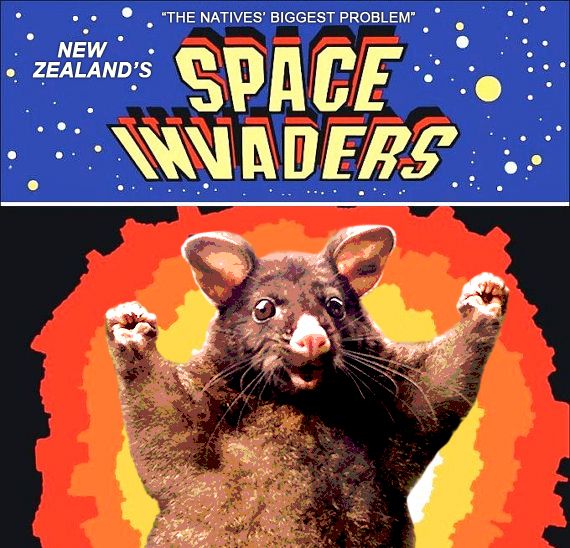
Last time we talked about the cascading negative consequences that the near-extinction of the Gray Wolf had on their ecosystem in the United States and how a total loss of the Florida Panther could make a feral hog problem in the American South even worse.
I also related my own experience in a re-purposed, ground level apartment with too many cockroaches and mosquitos where I introduced a house cat and a few spiders to balance things out and keep the pests out of my personal area.
Humans, cats, spiders, roaches, mosquitos, flies, mice, dogs, etc. have existed alongside each other in human settlements for thousands of years. Although a relatively young ecosystem, these pieces have naturally come together over a substantial amount of time, each to fill its own niche.
Dog ancestors arrived very early on to take advantage of easy scraps/garbage around human camps for food. As the friendlier dog ancestors were tolerated, they also became useful alarm systems and hunting companions, allowing humans and dogs to co-exist in mutually beneficial ways. 1
Similarly, cats arrived centuries later as human settlements expanded, to take advantage of available prey, like mice, who also arrived to feast on human waste. Like dogs, friendly cats were tolerated and even rewarded by humans for their pest control and the mutuality led to their steady integration into the urban ecosystem as well. 2 Without cats, many large cities would be completely overrun by mice and untold amounts of food would be lost to pests.
A low estimate of the number of small animals and pests killed by cats in human settlements yearly, would be in the 100s of billions. 3 And without dogs, human society may have never been stable enough to evolve to what it is today in the first place.
So, our bonds are tied.
But as humans have evolved to create technology capable of placing them almost anywhere on the planet, their inseparability from these animals has not gone without consequence.
Oceans and large bodies of water, as well as formidable mountain range or desert, serve as natural boundaries to ecosystems. With these kinds of physical separations, the separation of time will lead to divergent ecosystems, evolved to be most suited to their physical location and its unique characteristics. Any dramatic change to this will have proportionately dramatic consequences.

When humans began exploring the Earth, discovering islands where no humans had ever been previously, the arrival of cats, dogs, mice, etc. along with them, had devastating consequences to these isolated ecosystems.
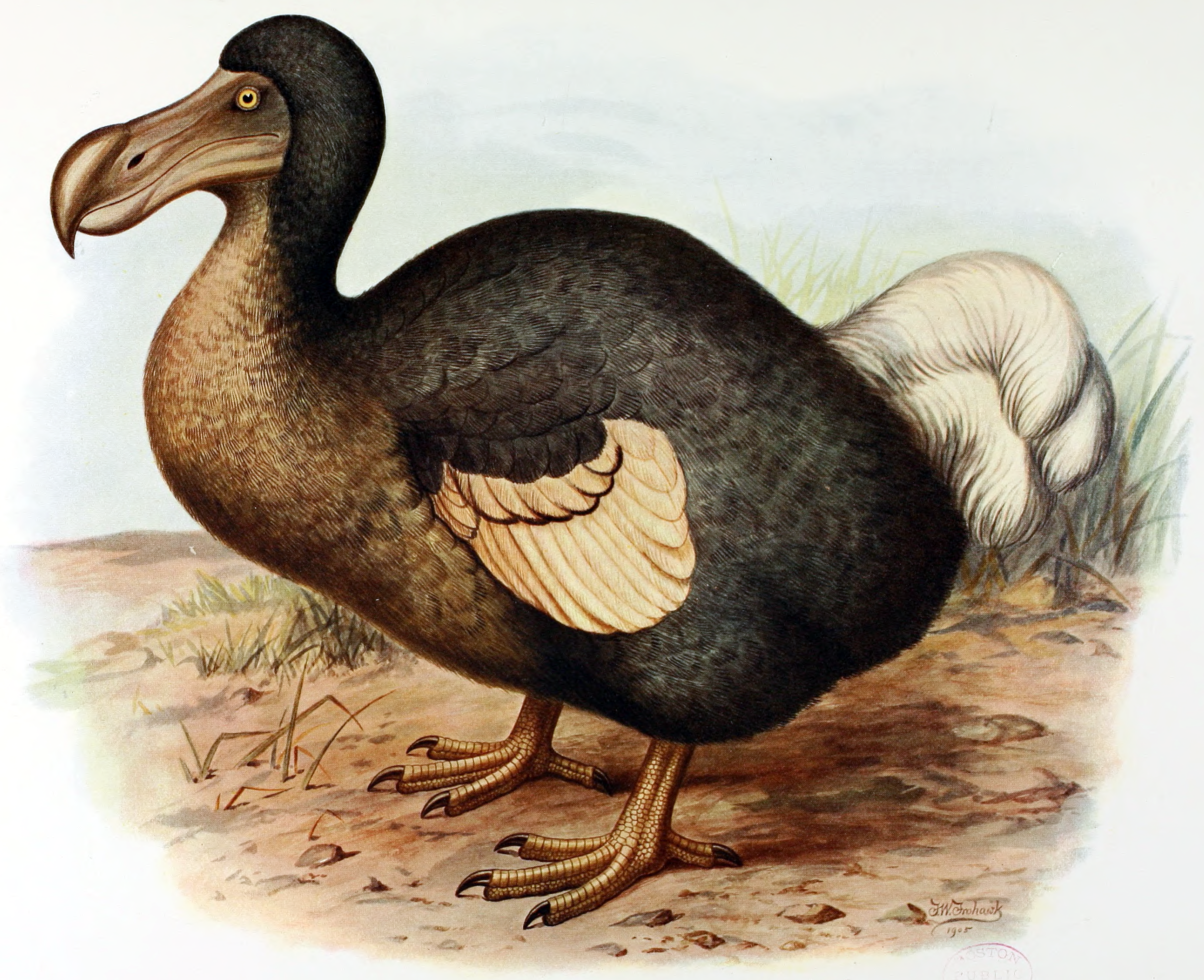
It was the arrival of the human ecosystem in total, and its mice, cats, and dogs that hunt small animals or prey on their young or their eggs that spelled doom for the dodo. Along with the dodo went most of Mauritius' unique fauna. The red rails, the black-billed parrots, pigeons, owls, bats, giant tortoises, they all quickly disappeared and as you may be beginning to suspect, their loss was felt. 5
The dodo and other endemic life of Mauritius are believed to have been the main propagators of the tambalacoque tree, for example. Without these animals digesting its seeds, running around the island, spreading them about, the tree's numbers thinned to only 13 trees by the 1970s. Today, Mauritius is unrecognizable from the standpoint of biodiversity from where it was when the first human explorers arrived.
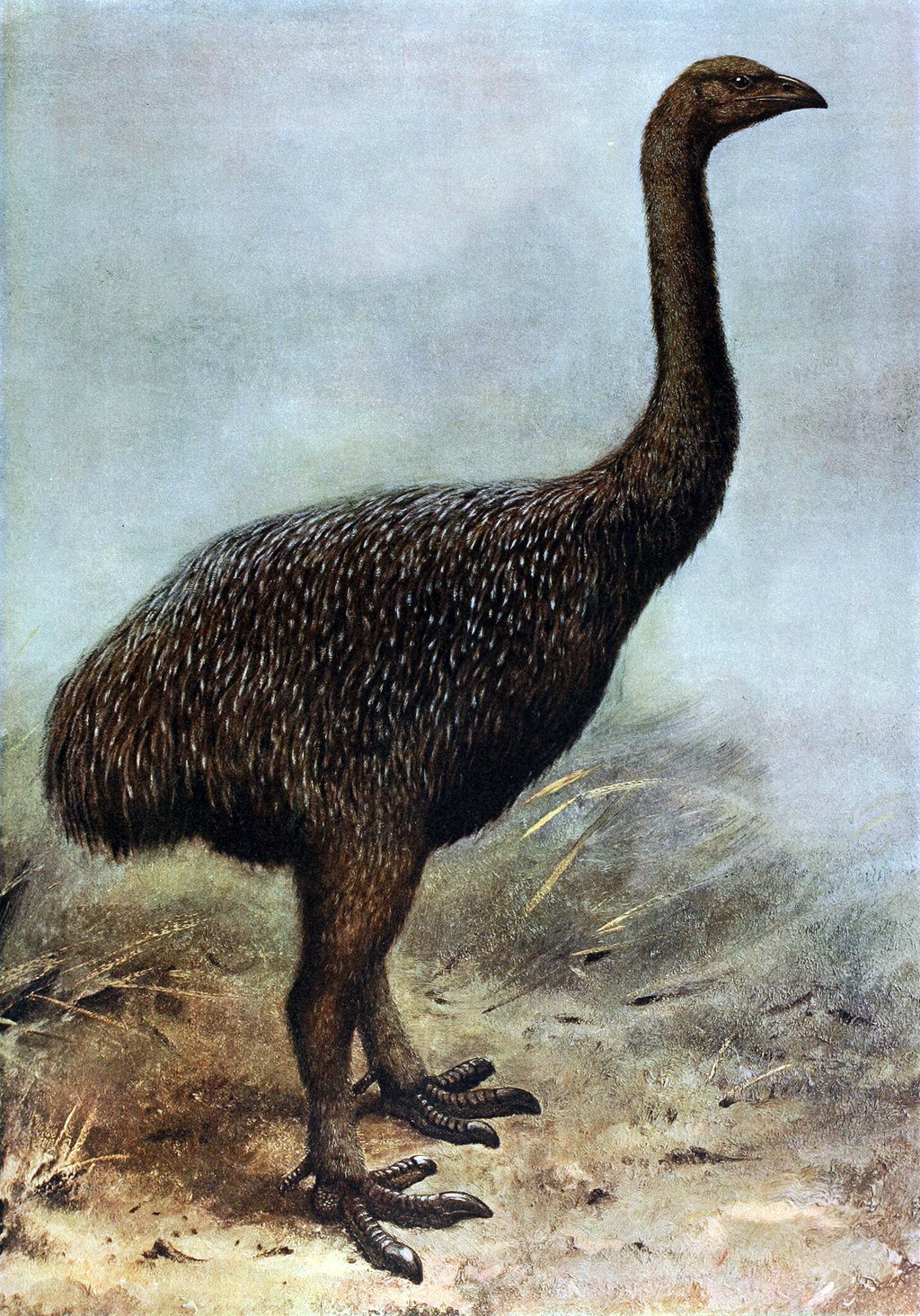
Like in Mauritius, modern day New Zealand's endemic wildlife has come under major threat since humans first arrived only 700 years ago, when the Maori settlers came over in boats. 6 Also like in Mauritius, this arrival quickly led to the extinction of rare flightless birds. The several species of moa could not survive the hunting practices of the Maori and went extinct within 100 years of their arrival. 7
The Polynesian explorers also brought rats and dogs, and European settlers arriving in the 1600s as part of the same expeditions that led them to Mauritius made things significantly worse with more variety of rats, dogs, and cats. Without any natural predators, humans began to notice a problem with the rat population and decided to introduce stoats, weasels, and ferrets to try to take care of them, 8 9 taking things from bad to worse, even introducing possums and deer for hunting in the 1800s.
The plant and animal life on New Zealand had not evolved to compete with these invaders and the consequences on the native wildlife has been highly damaging. (More on New Zealand's threatened birds here.)
The removal of a species from an ecosystem can have devastating consequences to its balance and the rest of its members. Introducing a new species to an ecosystem can lead to the removal of another in its attempt to find a new balance. Once a species is lost forever, the former ecosystem may never be restored.
As members of the greater ecosystem of the planet Earth, we need to understand that on a macro scale, the loss of a single ecosystem within our greater ecosystem, could have destructive consequences for the entire planet.
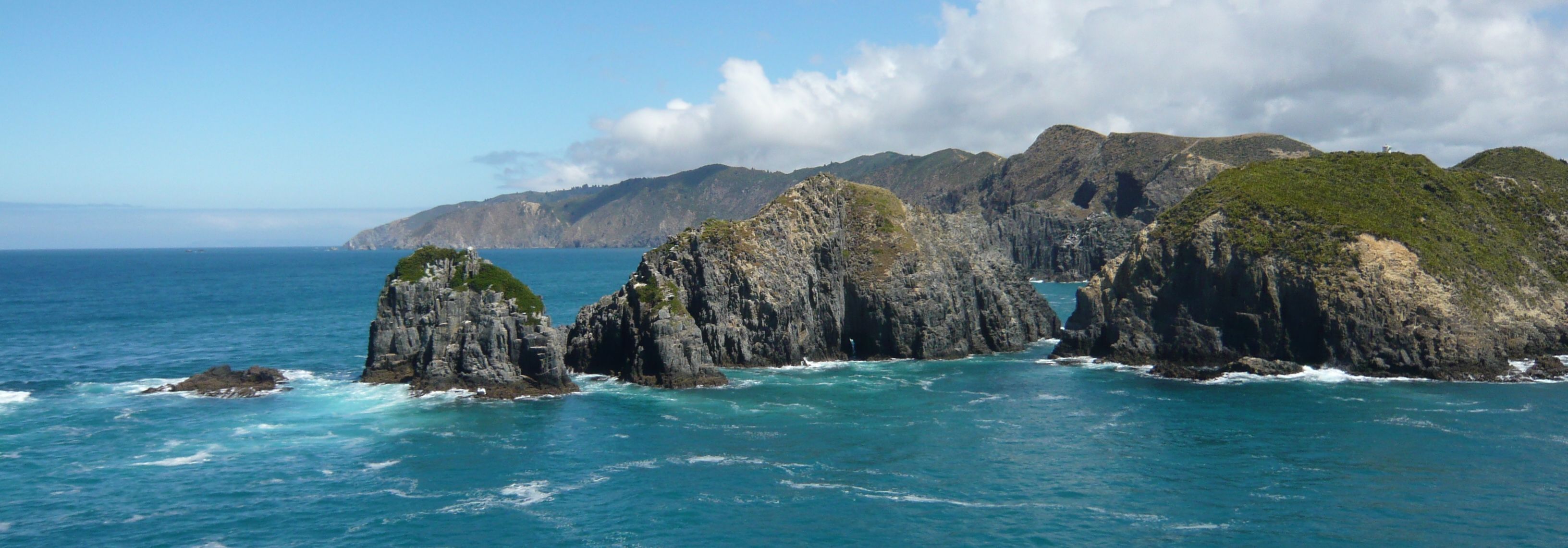
In 2017, New Zealand launched a new initiative, "Predator Free 2050", a plan to eliminate introduced mammalian predators from the islands. 10 Eliminating the predators could save their highly endangered birds, but these mammals have now lived in New Zealand for hundreds of years themselves. A mere blink compared to the millions held by the birds without mammals in ages prior, but a significant amount of time nonetheless. To accomplish this humanely will be a challenge.
If efforts fail and the remaining endemic wildlife of New Zealand is lost and its islands meet the same fate of Mauritius, yet another treasure trove of uniqueness on our planet will be unrecoverable, replaced again with humans, dogs, cats, mice, cows, sheep, goats, and pigs.
Maybe that seems inevitable. Survival of the fittest.
But if the whole world is suddenly inhabited by very few species (relatively speaking), with less variety than ever before, what is the consequence? Would this be a world suited for us? Or something less desirable? Could a loss of diversity on our planet bring about our demise?
(to be continued)
Continue to Part III: Eco-Systematic Breakdown
Go back to Part I: A World Without Wolves
More on New Zealand's Birds:
Carnivorous Parrots
Big Bird Lost
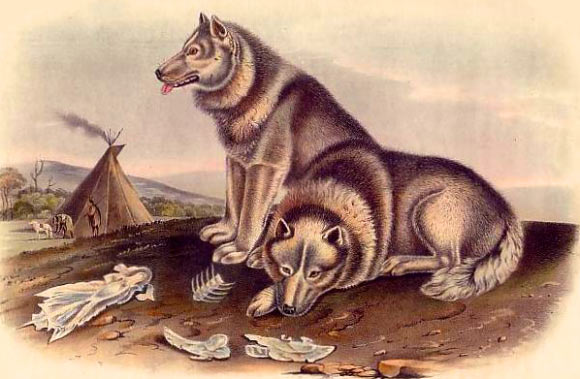
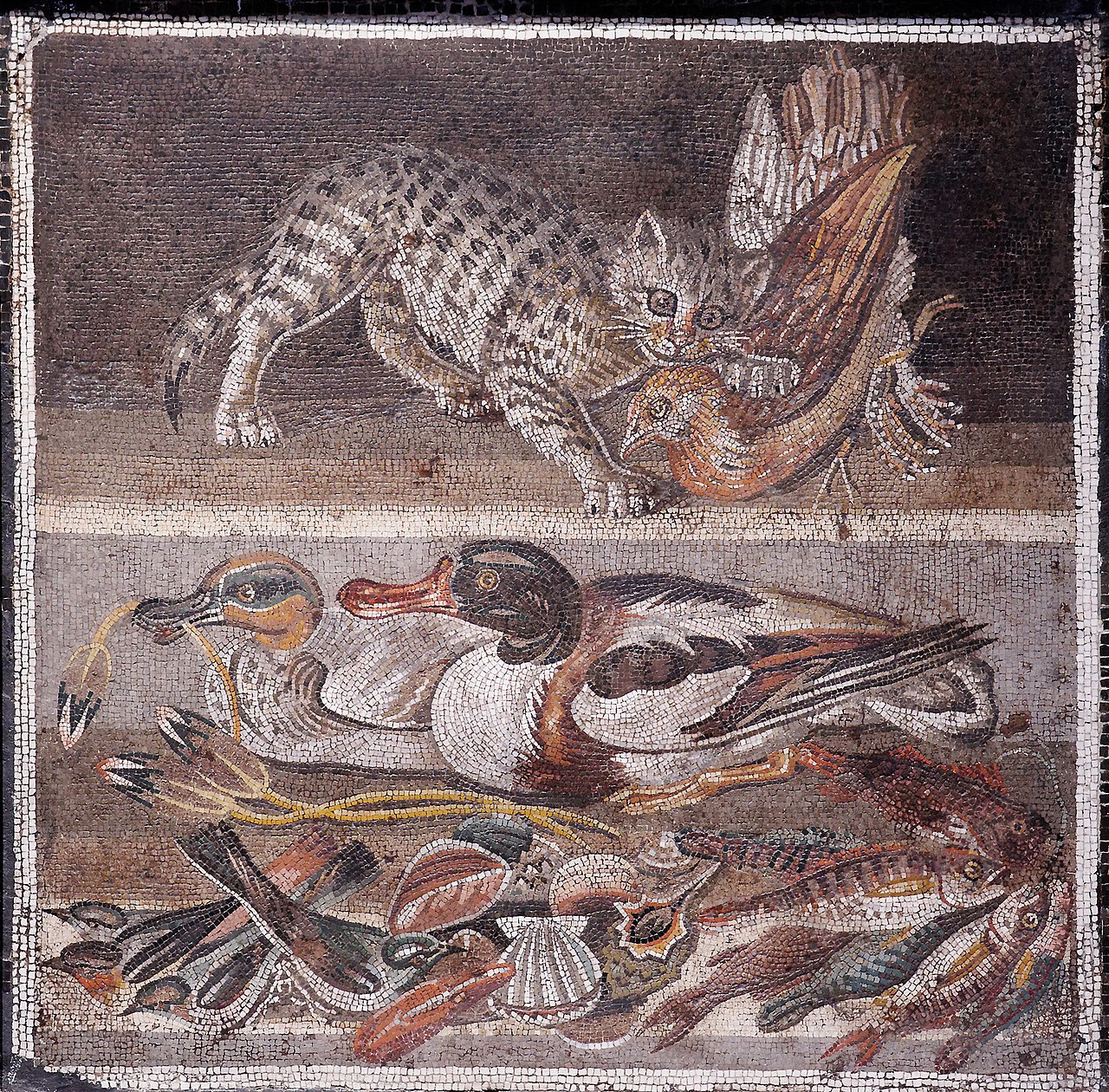
Being A SteemStem Member
Short and poignant.
Upvoted ☝ Have a great day!
Thanks @hotpacks, you as well!
Congratulations @jozefkrichards, this post is the forth most rewarded post (based on pending payouts) in the last 12 hours written by a Dust account holder (accounts that hold between 0 and 0.01 Mega Vests). The total number of posts by Dust account holders during this period was 10319 and the total pending payments to posts in this category was $2142.65. To see the full list of highest paid posts across all accounts categories, click here.
If you do not wish to receive these messages in future, please reply stop to this comment.
nice :)